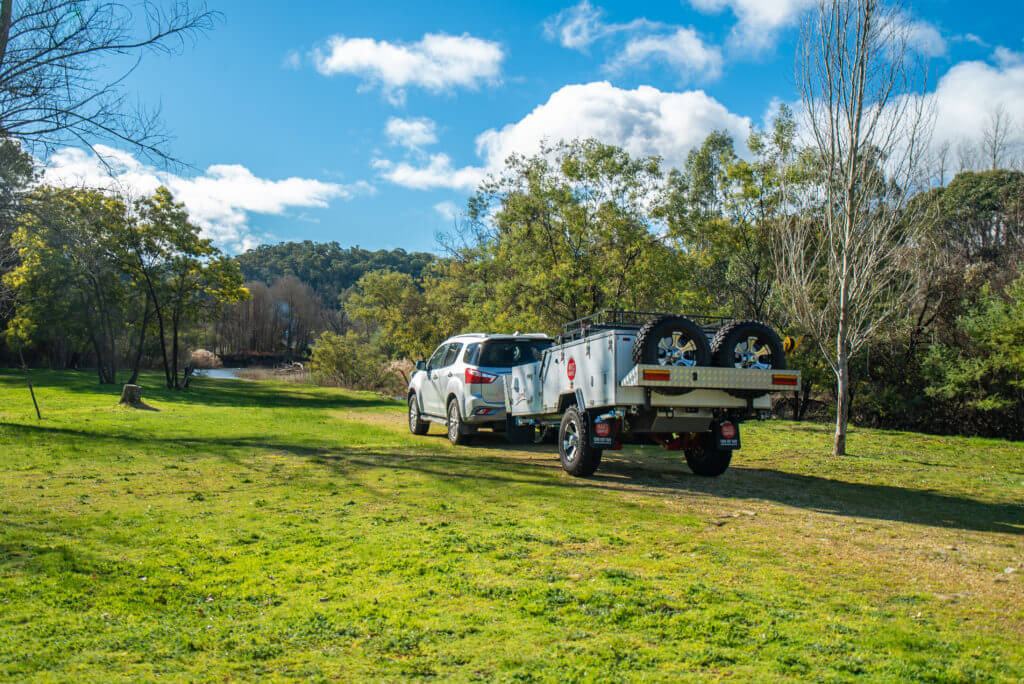 The purchase of a caravan or camper is right up there in terms of a big-ticket expense – depending on your budget it’s probably third on the list under a house and a vehicle.
The purchase of a caravan or camper is right up there in terms of a big-ticket expense – depending on your budget it’s probably third on the list under a house and a vehicle.
The experience can be both a thrilling and confusing journey. In fact, it can be downright overwhelming when you consider the huge number of makes and models available and the many things you need to consider before you hand over your hard-earned.
But before you even think about opening your wallet, you need to take some time to work out exactly what you need in a caravan or camper. If you don’t do your homework, rush out and buy the first model you step into, there’s a risk you’ll wake up in three months and realise you’ve paid for features you don’t use, the storage is inadequate or perhaps the layout just doesn’t work for you and the family.
Here’s a list of things to consider before you jump headfirst into that dream purchase.
Do your research
This can’t be emphasised enough. Read reviews in magazines such as Caravan World and Camper Australia check out as many layouts as you can online, look through the vans you like at caravan and camping shows.
There are imported and Australian-made models available across the country, so do the research on manufacturers’ build quality and design and industry awards.Also, ask other users for their feedback. There are a multitude of caravan clubs all across Australia and a multitude of social media groups that are great sources of practical and honest advice from the people who actually use the vans.
The passenger list
How many people will use the van or camper. Are you a family with young kids or a young couple planning on growing your brood? Perhaps you are a retired couple who might occasionally invite the grandkids to join you on your ‘Big Lap’. You need to know how many to sleep, where everyone will put their stuff, and how you will use the internal and external spaces. There are many varied layouts available for all manner of uses, but at a minimum make sure your dinette can seat everyone, there’s ample storage and everyone can see the TV when seated.
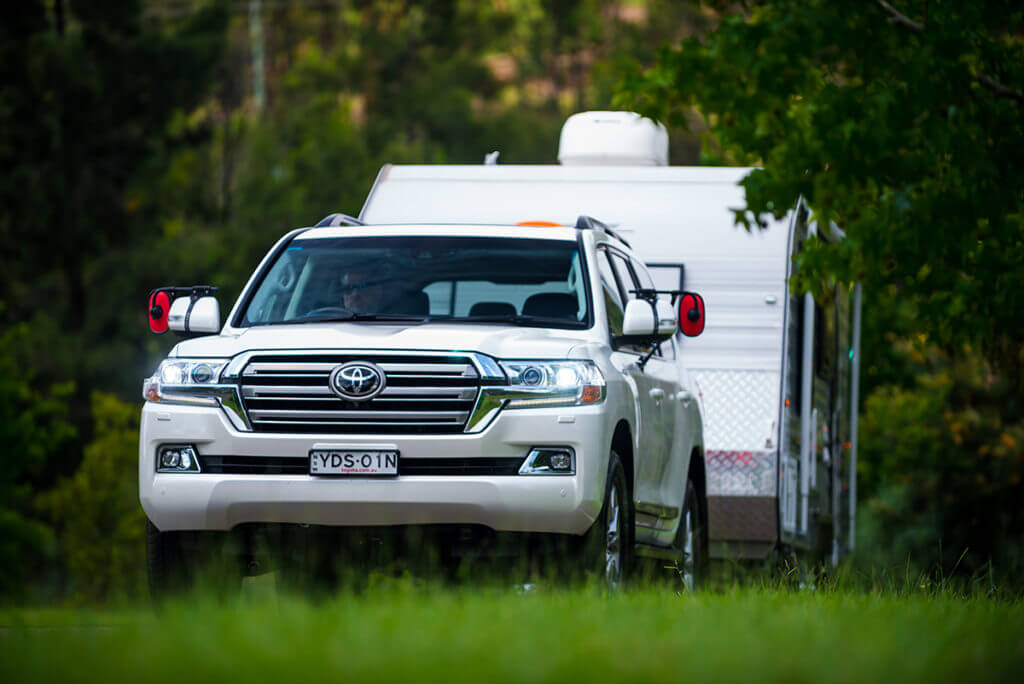
Are there tall people in your family? If so, pay close attention to the internal height, taking into account low points such as light fittings and air-conditioners, to be sure you can walk freely inside.
Your touring type
If you and your family are new to the caravanning lifestyle and you like the comforts of home, you may be perfectly happy touring the country hopping from one caravan park to the next during school holidays and enjoying their facilities and comforts for longer stays. Most caravan parks these days have plenty of fun things for the kids to do.
If that’s the case, you may want a full-sized fridge to keep your family fed and air-conditioning to beat the heat. If you’ll mainly be staying at caravan parks at the like, you may have no use for a large space-taking internal bathroom, which requires about 1m in length and adds up to 400kg to your load.
If you’re a couple who is happy with a bit of free camping here and there and you want to travel further but lighter, a pop-top van or camper might suit you.
If you’ve been bitten by the offroading bug and you reckon you’d like to try out some remote locations, you’re going to need to be self-contained. This means a rig with bathroom, larger water tanks, beefed-up protection for the undercarriage from rougher terrain and most likely more solar panels and a battery management system to live off-grid for an extended time.
How long will your trips be?
Are you buying a caravan/camper to take short trips with the kids on school holidays and summer breaks where you’ll be living in it for a few weeks at a time?
Or do you intend to be away for months doing the Big Lap, or even half a lap? Consider how much stuff you will need to pack and how much storage space you’ll have.
What will the climate be? Caravanning and camping are great while the weather is fine, and you can enjoy the great outdoors. But if you’re intending to travel to colder climes, or even tropical wet locations, consider what space you’ll need if you’re forced to sit in your van for days at a time because of inclement weather.
When the entire family is stuck inside and you’re tripping over each other, the novelty wears off pretty quickly. Consider annexes and add-on rooms that can give you some extra space when the weather gods are frowning.
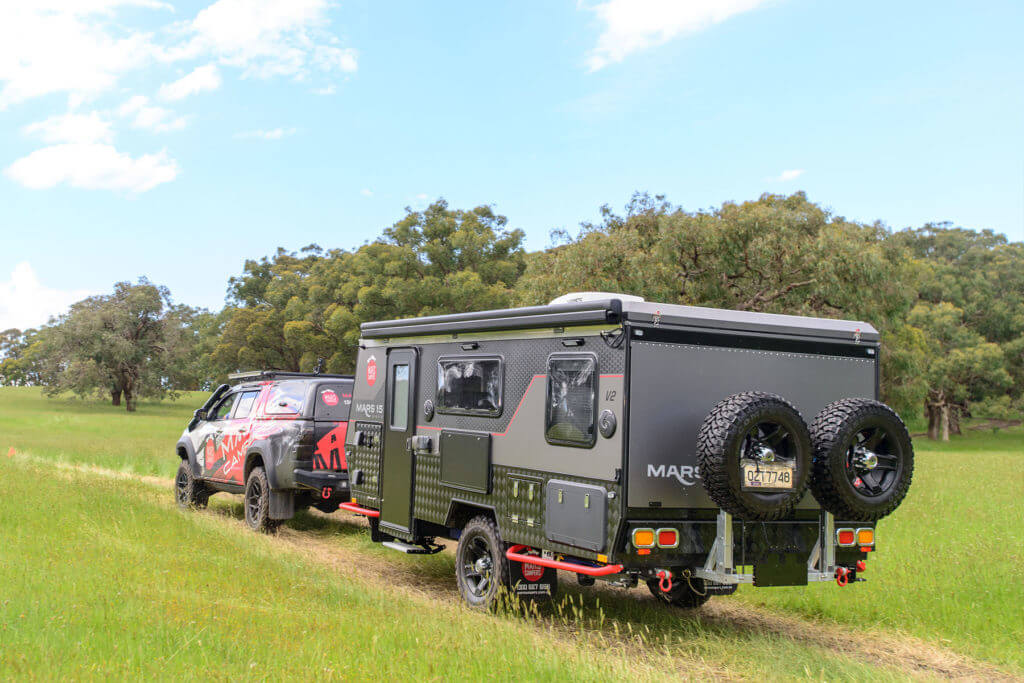
All the extra bits
Once you’ve figured out what you need, then you can have a bit of fun figuring out what goodies you want.
Make a list of what you desperately can’t live without and put them in order of preference in case you need to cut from the bottom. This might include air-conditioning and heating, a solar panel and power storage option, a four-burner stove instead of a two-burner, leather interiors, washing machine, an external slide-out barbecue, rearview cameras or a shiny new GPS and satnav system.
Keep in mind that, should anything go wrong, the warranties for most appliances and accessories will be handled by that company, not your caravan dealer or manufacturer.
The tow vehicle
If you have the budget and you can afford a new tow vehicle, the sky’s the limit. But if you already have a tow-tug and don’t want to upgrade then you’ll need to find a van to suit.
Generally speaking (and assuming the vehicle and towbar ratings are acceptable) four-cylinder cars with 2L engines or more are generally suited for towing caravans around 1000kg to 1200kg. Some six-cylinder or V8 sedans and wagons can comfortably tow lighter single-axle caravans and campers up to 1600kg to 1700kg.
The many medium to large 4WDs are generally suited for caravans up to 2500kg before they begin to feel the strain. There are fewer vehicles around for the heavyweights of around three tonnes and more – Ford F250s, LandCruisers and Patrols are a couple, but at the moment supply is an issue.
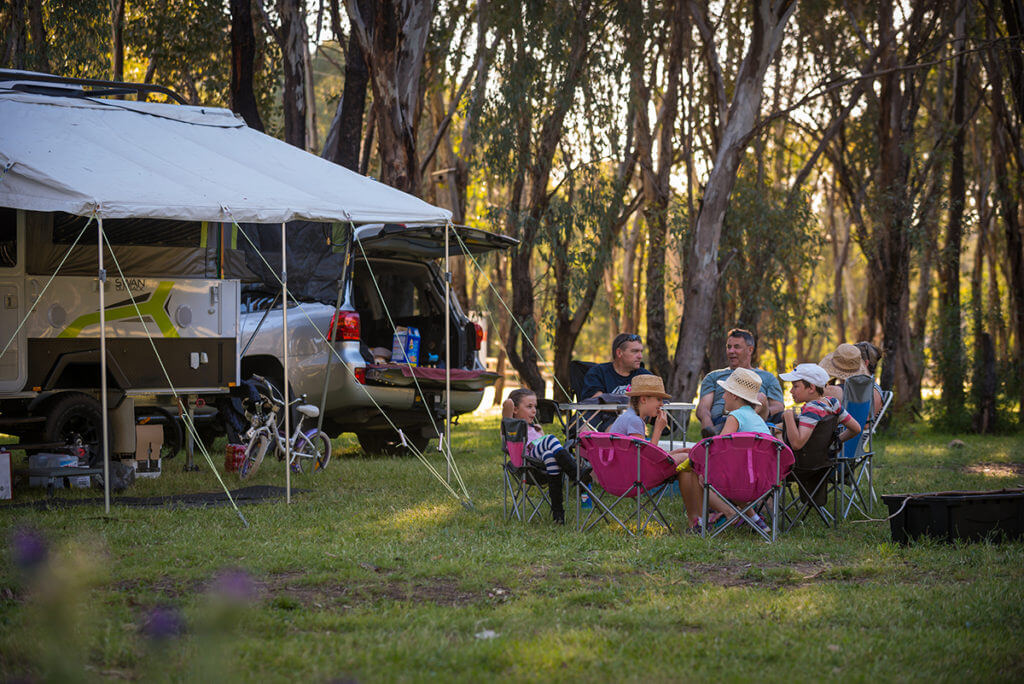
When matching a car’s towing capacity, make sure it exceeds the caravan’s Aggregate Trailer Mass, which for tandem models is usually around 400kg more than the unladen (Tare) weight of the van.
More powerful 4WD models can pull 3500kg, which obviously gives you more options. Check your vehicle’s manual to be sure.
The weight of the van alone is one thing, but you need to add on everything you’ll carry too. Think water, bikes, camping gear, food and all your personal gear.
The vehicle manufacturer may also recommend using weight distribution hitches. This may influence your caravan choice because a prospective van with a heavy towball download may require one. And check the owner’s handbook for the rear axle load for your vehicle. If you have a heavy trailer and load up the cargo area of your vehicle with heavy items, you may overload the rear axle. This is illegal.
Budget
Ultimately, the rig you’ll end up with is the one you can afford to buy. You’ll also need to set aside funds for items that, although necessary, are not always included in the cost of the van.
Your budget must also take into consideration ongoing expenses. The bigger the van and the more features it has, the heavier it is – and that costs more to tow.
Also consider your travel costs. Will you stay in caravan parks and pay fees, or free camp to save money? The cost of fuel at the moment is through the roof. Then there’s insurance, registration, storage etc
If you have a low budget of under $40,000, you may want to check out secondhand vans.
When it comes to camper trailers there are options from as little as a few thousand for a basic camper right though to nearly $100,000 for a fully-fledged hybrid offroad warrior. They will all take you camping; it just depends on the level of build quality, comfort and equipment. For many, a simple trailer with a mattress, tent and transport for their camping essentials will suffice for weekend getaways. Offroad explorers, however, will require rugged build and suspension, long-range water tanks, power generation, refrigeration and cooking facilities which all become necessary when you’re going off-grid. Weigh up your intended use and budget.
Finance
How you pay for your dream caravan or camper depends entirely on your personal situation. If you have the cash, you can buy exactly what you want, when you want it. You could also draw down on your superannuation if eligible, although it’s best to research how this would affect your nest egg’s performance.
If you own your home, a mortgage redraw is an option but could add years to the loan and incur higher interest over time. Ditto a personal loan from a bank which, although generally unsecured, may attract a higher rate than caravan specialist loans.
Some larger caravan dealerships offer on-the-spot finance with fast approvals, but the inherent issues are the limited choice of financiers and a loss of bargaining power with the dealer.
Specialist caravan finance brokers can arrange the same quick approval that a dealer can, but with a wider range of lenders and usually cheaper rates than personal loans.
Make sure you compare all available options on loan term, interest rate, pre-approval and any early termination fees. Caravan-specific loans can offer flexible repayment structures over two to seven years so you know upfront how long it will take to pay off.
Storage
Before you purchase your dream van or camper, have you considered where it will live when you’re not on the road.
A lot of people are able to store their vans at home, either in the driveway or backyard if there’s space. If you are able, make sure it is secured behind gates or, at the very least, has a lock. Read the fine print in the product disclosure statement on your van insurance to make sure your vehicle is covered should anything happen while it is stored at home.
There are also many storage facilities that can accommodate vans and campers – don’t forget to fact in this additional cost in your ongoing expenses if you go down this path.
Make a list … and check it more than twice
Once you’ve done all your research and considered all of the above, make a list of non-negotiables for your van/camper and include your ‘nice to haves’ towards the bottom. Take the list with you when you start shopping, whether it’s a caravan or camping show or whether online. It’s very easy to be overwhelmed by the choices on offer, all the optional bells and whistles and the salespersons who can spot a newbie a mile away. Stick to you list and don’t deviate from it.
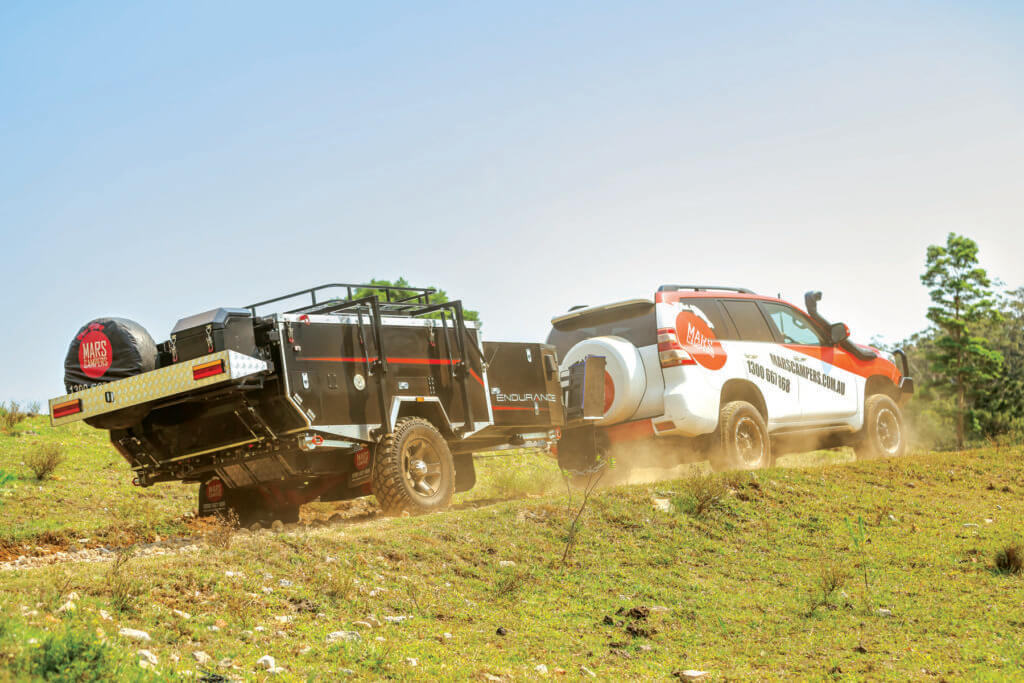
Next steps
At Mars Campers we work hard to develop the best value for money camper trailers with a view of helping you create memorable experiences with your loved ones.
Did you find this information useful? If you found even one tiny nugget in this material to be useful, please do forward it to one of your friends. I am sure they will thank you for it. You can send it to them via email, Twitter, Facebook or post it on your own website.
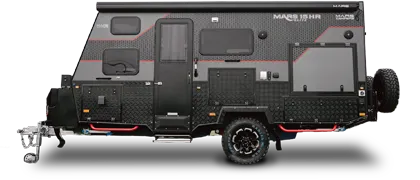
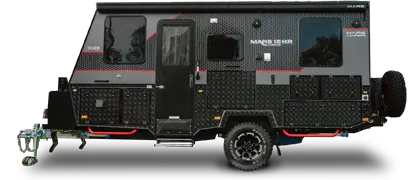
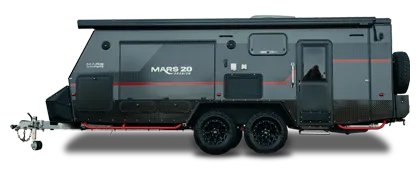
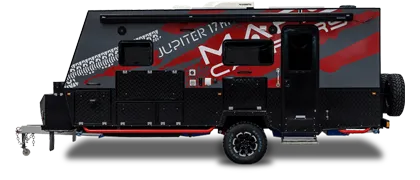
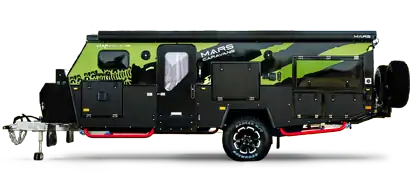
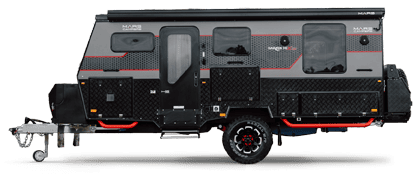
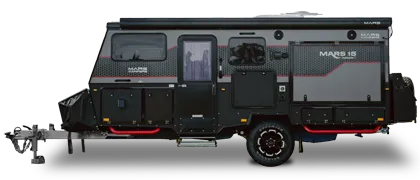
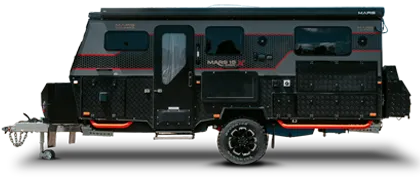
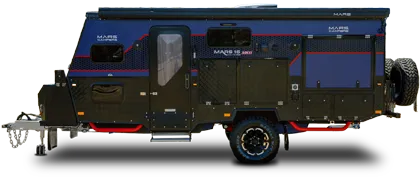
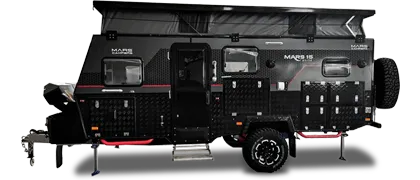
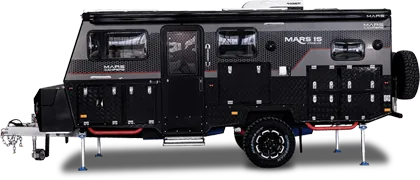

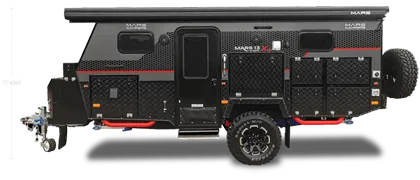
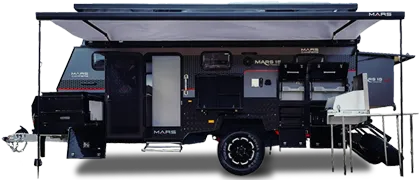
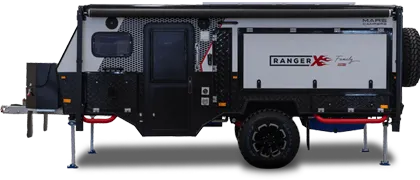
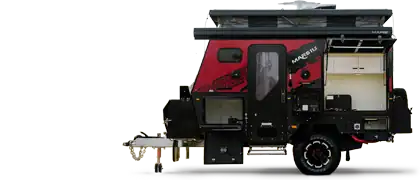



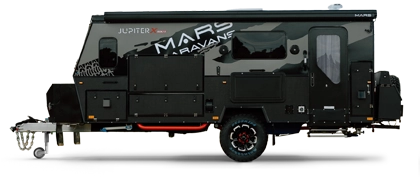







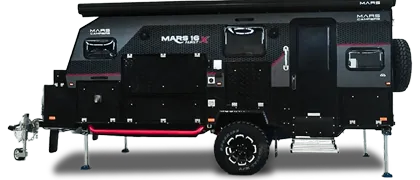
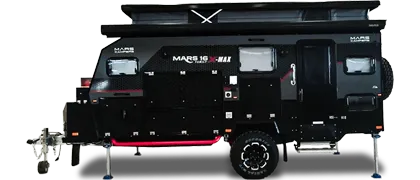

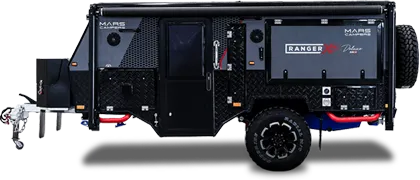





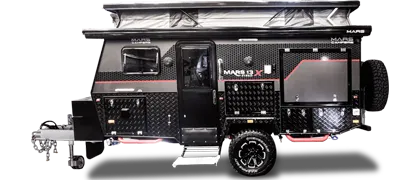


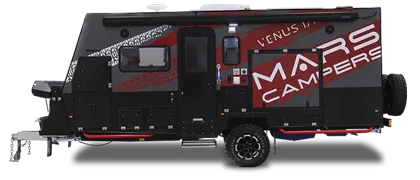
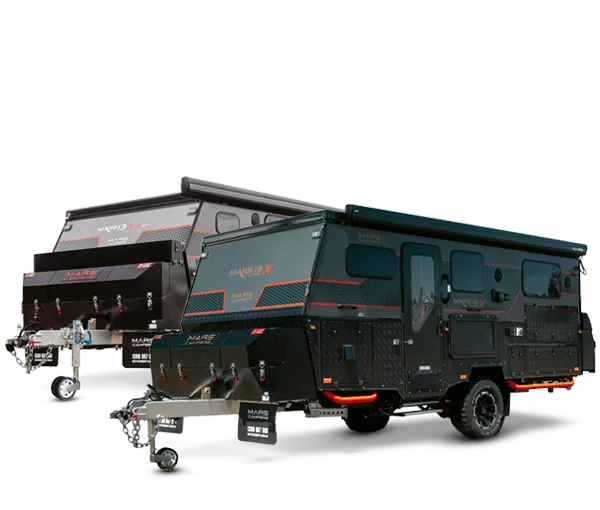


 The purchase of a caravan or camper is right up there in terms of a big-ticket expense – depending on your budget it’s probably third on the list under a house and a vehicle.
The purchase of a caravan or camper is right up there in terms of a big-ticket expense – depending on your budget it’s probably third on the list under a house and a vehicle.


